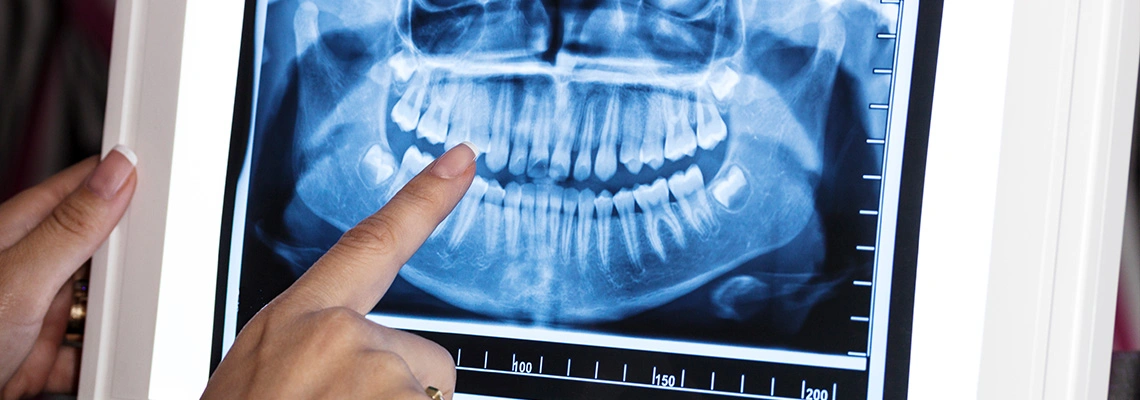You must have heard about gastric bypass surgery as a surgical weight-loss procedure. Gastric bypass operation in Turkey is one of the powerful bariatric solutions done popularly.
Table of contents
- What is gastric bypass surgery?
- Who does gastric bypass surgery?
- How does gastric bypass surgery work?
- How does gastric bypass surgery work?
- Why is gastric bypass surgery done?
- Is gastric bypass surgery safe?
- Can gastric bypass surgery be reversed?
- Gastric bypass surgery can you gain the weight back?
- Gastric bypass surgery VS gastric sleeve surgery
- How much does gastric bypass surgery cost in Turkey?
What is gastric bypass surgery?
Gastric bypass, also known as Roux-en-Y gastric bypass, is one of the effective weight loss solutions that is performed surgically. It forms a small pouch of the stomach to serve as your new stomach and connects it directly to the small intestine.
By doing gastric bypass, the food you swallowed will bypass most of your stomach and a part of your small intestine, going into your new small stomach and directly moving into the small intestine.
The size of the new stomach is around walnut size, holding only 28 g of food. As a result, you will not be able to eat as you used to and your body will absorb fewer calories.
Who does gastric bypass surgery?
As with other bariatric operations, gastric bypass requires similar conditions to be a good option for you:
-
You should be extremely obese. Your body mass index (BMI) must be at least 40.
-
Or your BMI ranges from 35 to 39.9, and suffer from high weight-related diseases, such as diabetes with type 2 or high blood pressure.
How does gastric bypass surgery work?
Gastric bypass surgery is done laparoscopically under general anesthesia through the following three steps:
-
Making small incisions in the belly to insert the laparoscope and surgical instruments.
-
Creating a small stomach. The surgeon makes your new stomach smaller by using staples to form a pouch at the top of your stomach where the swallowed food will go and hold.
-
Bypass stage. The surgeon will connect your small intestine to the new stomach directly, bypassing the big part of the original stomach and a section of the small intestine.
Why is gastric bypass surgery done?
Gastric bypass is done to get rid of obesity and protect you from possible risky obesity-related diseases, including heart diseases, high blood pressure, gastroesophageal reflux problems, sleep apnea, diabetes ( type 2), and other serious health problems.
Is gastric bypass surgery safe?
Gastric bypass is a relatively safe procedure, especially with the recent medical advancement in the bariatric bypass field, represented by the laparoscope. However, as with other bariatric operations, gastric bypass is associated with complications and side effects after the operation directly, such as bleeding, infection, blood clots, breathing issues. Other longer-term risks and complications might include bowel obstruction, dumping, gallstone, and others.
Can gastric bypass surgery be reversed?
Indeed, yes, gastric bypass surgeries can be reversible, but it requires an operation to get back the normal anatomy. You should also know that gastric bypass reversal is risky, and might cause serious complications. Moreover, when you do a bypass reversal operation, your stomach and small intestine will not have the same functions as before.
How does gastric bypass surgery affect the digestive process?
Obviously, your digestive system will need time to recover after gastric bypass surgery. So, in the beginning, you should be very careful about what, when, and the right way to eat. Of course, it does not mean that you can go back to your normal lifestyle after your recovery. Since major changes affect your digestive system, your turn should be to adapt these changes and deal with them through a new lifestyle change forever.
Can gastric bypass surgery cure diabetes?
Generally, weight loss helps reduce the impact of diabetes symptoms.
Several studies, however, show that gastric bypass surgery can cure diabetes even before losing weight. After gastric bypass, the small intestine works harder than before to compensate for the nutrient loss. Then it begins to produce a molecule that aids the body's use of glucose, lowering blood sugar levels.
Gastric bypass surgery can you gain the weight back?
Of course. You can gain your weight back if you don’t change your previous lifestyle. After your gastric bypass surgery, you should consider following a balanced diet to maintain your new ideal weight and protect yourself from any complications.
Gastric bypass surgery VS gastric sleeve surgery
Gastric bypass and gastric sleeve are both done to reduce your stomach, restricting the amount of food you can eat. However, the way to make the stomach smaller in gastric bypass is different from gastric sleeve surgery.
With gastric bypass surgery, the new small stomach is created by stapling a pouch of the stomach together. While the gastric sleeve operation permanently removes about 80% of the stomach. Furthermore, gastric bypass surgery skips a part of the small intestine.
How much does gastric bypass surgery cost in Turkey?
Gastric bypass surgery is generally considered to be more expensive than other bariatric surgeries because it involves two stages, making it relatively more complicated. The average cost of gastric bypass surgery in Turkey is around $5500.













